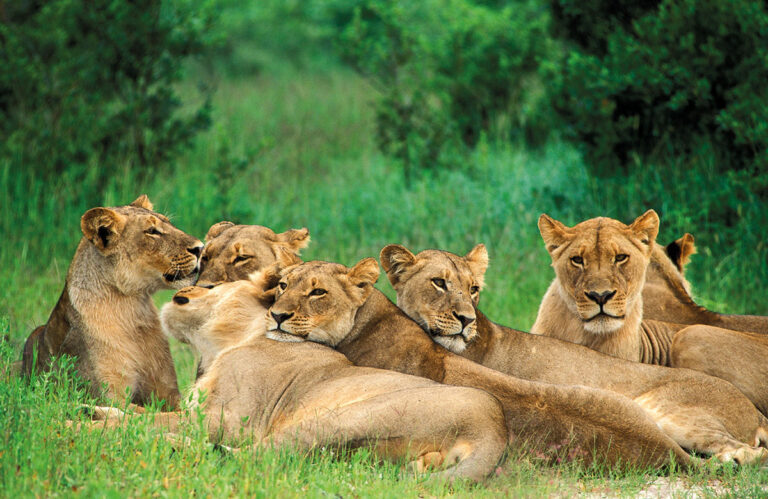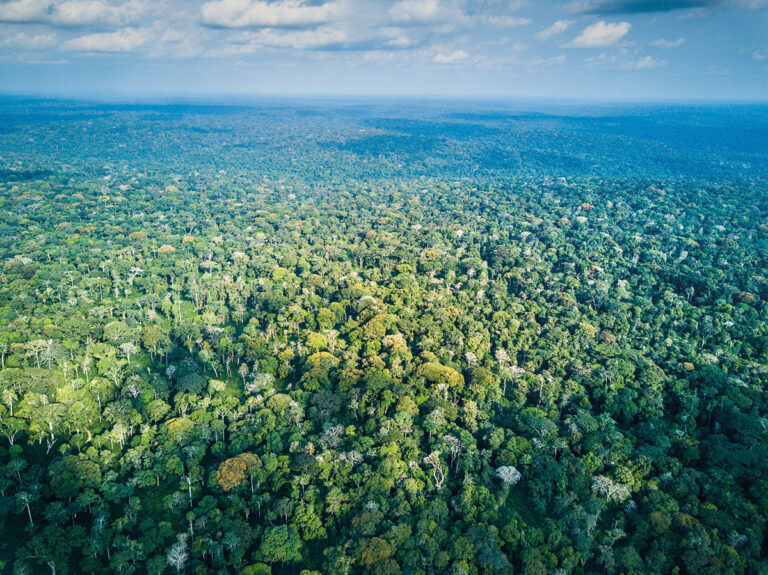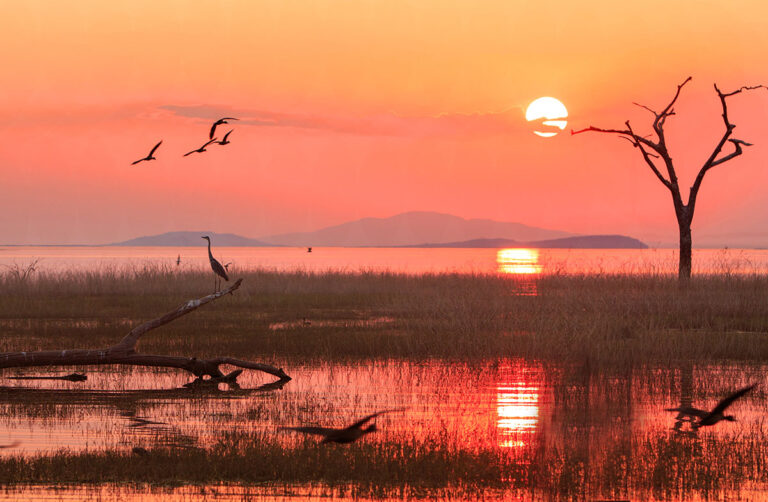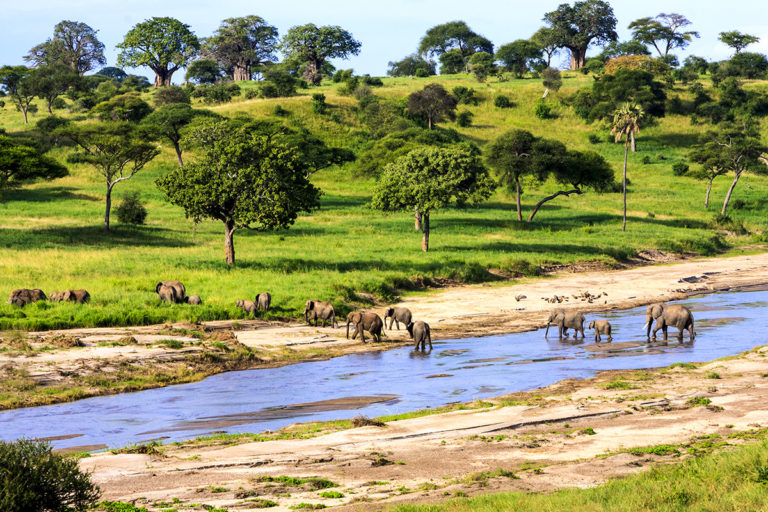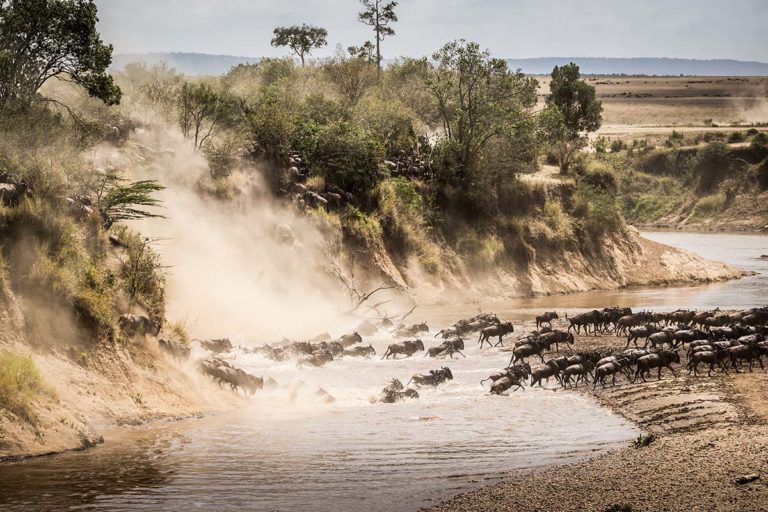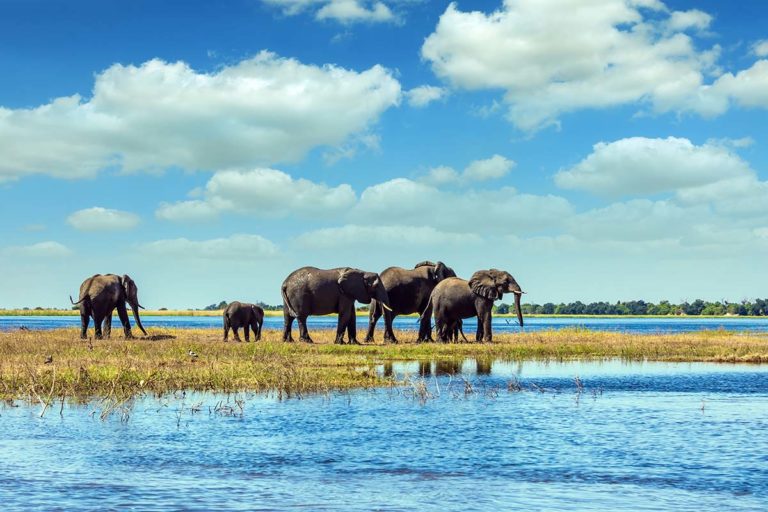Where to look?
Home » Tips & Tricks » Where to look?
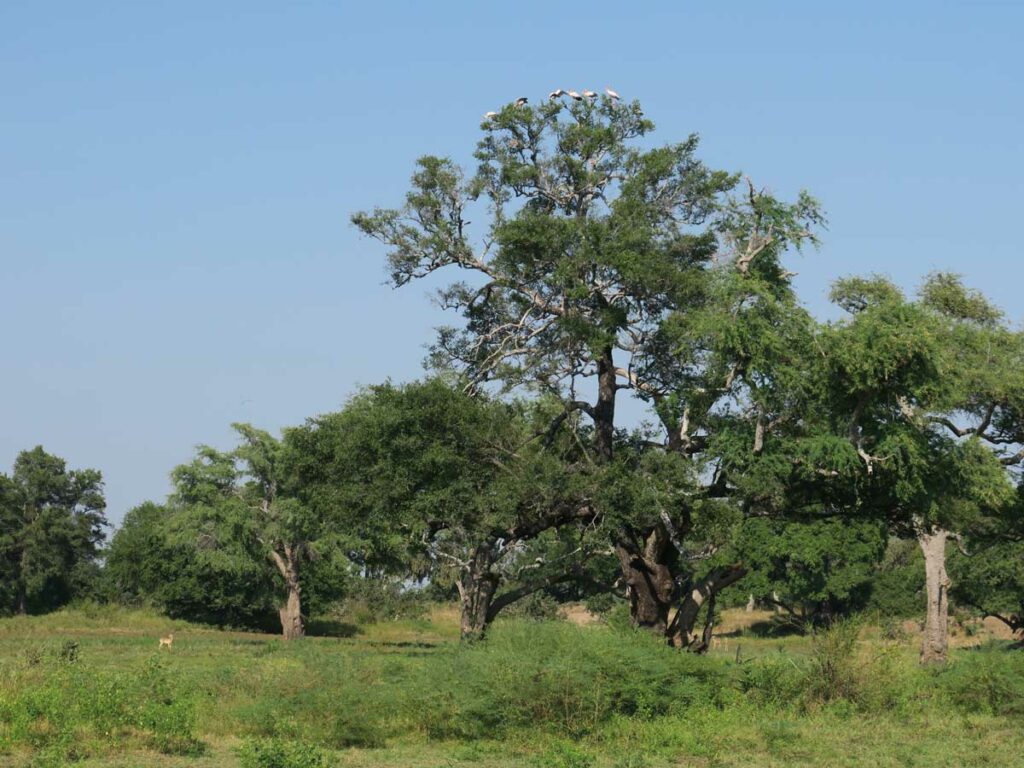
You’re heading out on your game drive, camera and binoculars at the ready. But how do you find the wildlife? Here are a few tips to boost your chances. By Mike Unwin
Check the whole view
Our eyes often instinctively search the mid-distance, but wildlife can be anywhere. Scan the horizon – you might spy a distant giraffe or circling vultures. Equally, check out your immediate vicinity: it’s easy to overlook a chameleon in a roadside bush.
Use binoculars
Not just for a better view of wildlife but also to find it. Whenever you stop, scan methodically. Scrutinise promising spots: large trees, river banks, rocky outcrops.
Windows down
If not in an open vehicle, keep your windows down. This frees your ears and nose. The cracking of a branch may betray an elephant. Meanwhile, the scent of dust and dung reminds you that you’re out in the bush, not stuck in a glass bubble.
Pause
Stop as often as you can. You’ll see more when you’re stationary and with the engine off. Choose promising spots – a raised viewpoint, a river loop – and position yourself with the light behind you. If nothing is immediately visible, give it time. Things will appear.
Mid-morning action
It’s easy to slacken off when the day starts to heat up and that dawn predator promise fades. Try not to. Mid-morning means waterhole time for many drinkers, plus raptors riding the thermals.
Tracks and signs
You can still be a tracker, even in a vehicle. Scan the ground for fresh prints and droppings. You’ll need to drive slowly, which you should be doing anyway.
Call it
If you think you might have seen something, don’t be shy. There’s no shame in stopping for rhino rocks and lion tussocks. We’ve all been there. Who knows, next time…
Watch other animals
Prey animals will often give away predators. Watch for alarm signals: barking baboons or staring impala could reveal a leopard; agitated birds flocking to a tree might signal a snake.
Share the joy
On safari we love to feel exclusive. But if you meet another vehicle, stop to chat. Find out what they’re looking at and share what you’ve seen. Always approach carefully, so as not to scare their sighting or block their view.
Early radar
In the pre-dawn darkness before departure, allow time to listen to the soundscape. Roaring lions nearby may help set your direction.
Keep everything to hand
Don’t pack vital stuff (camera lens, water bottle) in the boot. You may need them just when you can’t get them.
Inspired by this article from issue 95? For more tips, tricks and helpful advice to help you find the animals you’d like to see on safari, why not subscribe to Travel Africa by clicking here.
Other recent articles
Rediscovering Zimbabwe
The green heart: trees of life
Zimbabwe highlights
Circuit breaks
25 Reasons to visit Kenya
Botswana itineraries
Subscribe
Never miss an issue of Travel Africa
To ensure you get your regular Africa fix, subscribe to have each issue of Travel Africa delivered directly to you as soon as it is published (four times a year). Choose from print+digital or digital-only options, to suit your preferred reading style. Renewals and gift options are also available.
Join our Shamwari gnusletter
Sign up to receive additional content, news and travel tips by email. Your address will be used only for this purpose and you can unsubscribe at any time.
By using this form you agree that you have read our Privacy Policy

